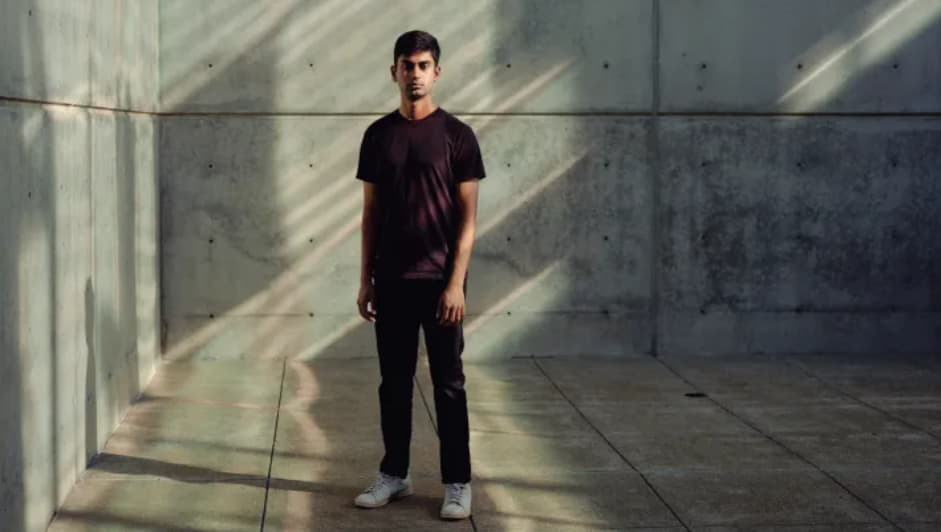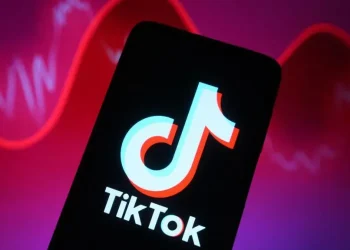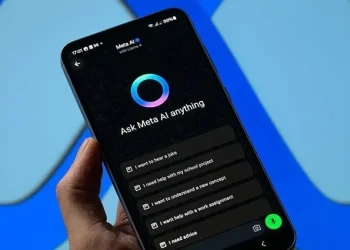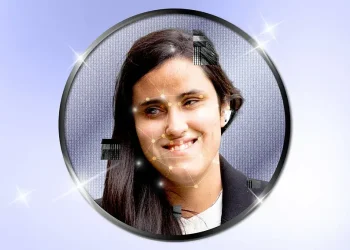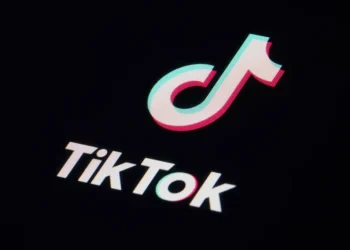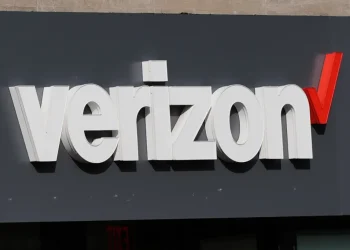Former OpenAI researcher Suchir Balaji, 26, who made headlines for whistleblowing on the company’s alleged copyright violations, has tragically passed away. Authorities confirmed that Balaji was found dead at his San Francisco apartment on November 26, 2023. Police responded to a wellness check call at his Lower Haight residence and later determined his death to be suicide, with no signs of foul play.
Balaji had recently accused OpenAI of breaching U.S. copyright laws while developing ChatGPT, a popular artificial intelligence program that has generated billions in revenue since its release. His claims suggested that OpenAI used copyrighted material from authors, programmers, and journalists without permission to train its AI, spurring multiple lawsuits from creators who claim their works were unfairly used to boost OpenAI’s valuation.
In an October interview with The New York Times, Balaji expressed concerns about the company’s practices, particularly the gathering of data for OpenAI’s GPT-4 program, which analyzed massive amounts of text from the internet to train its AI models. Balaji argued that this violated “fair use” laws, which govern the way copyrighted content can be utilized. He published a detailed analysis on his personal website in late October, asserting that ChatGPT’s training methods did not meet fair use criteria.
Balaji, a native of Cupertino and a computer science graduate from UC Berkeley, initially saw great promise in AI’s potential benefits. However, his outlook changed after joining OpenAI in 2020, especially after his involvement in sourcing data for the GPT-4 program. Balaji’s concerns about the company’s practices eventually led him to speak out against what he believed was an unethical business model.
Before his death, Balaji had become a key figure in ongoing legal battles. In a November 18 letter, lawyers for The New York Times revealed that Balaji held critical documents that could support their lawsuit against OpenAI. He was named as a vital source in court filings, alongside other current or former OpenAI employees, ahead of depositions.
Generative AI programs, like OpenAI’s ChatGPT, create responses and content by analyzing vast amounts of online data. While OpenAI claims that its actions are protected under fair use laws, critics, including several news organizations, argue that the company has unfairly used their work. Some lawsuits suggest that OpenAI, in partnership with Microsoft, has plagiarized journalistic content, undermining the business models of local news outlets.
OpenAI has denied these allegations, maintaining that its AI tools enhance the relationship between publishers and their audiences. As the company faces mounting legal challenges, it continues to defend its practices.
In the wake of his death, Balaji’s family has asked for privacy as they grieve.
If you or someone you know is struggling with depression or suicidal thoughts, please seek help. The 988 Suicide & Crisis Lifeline offers free, confidential support 24/7. You can reach them by texting or calling 988, or by visiting 988lifeline.org for online chat support.
Source
